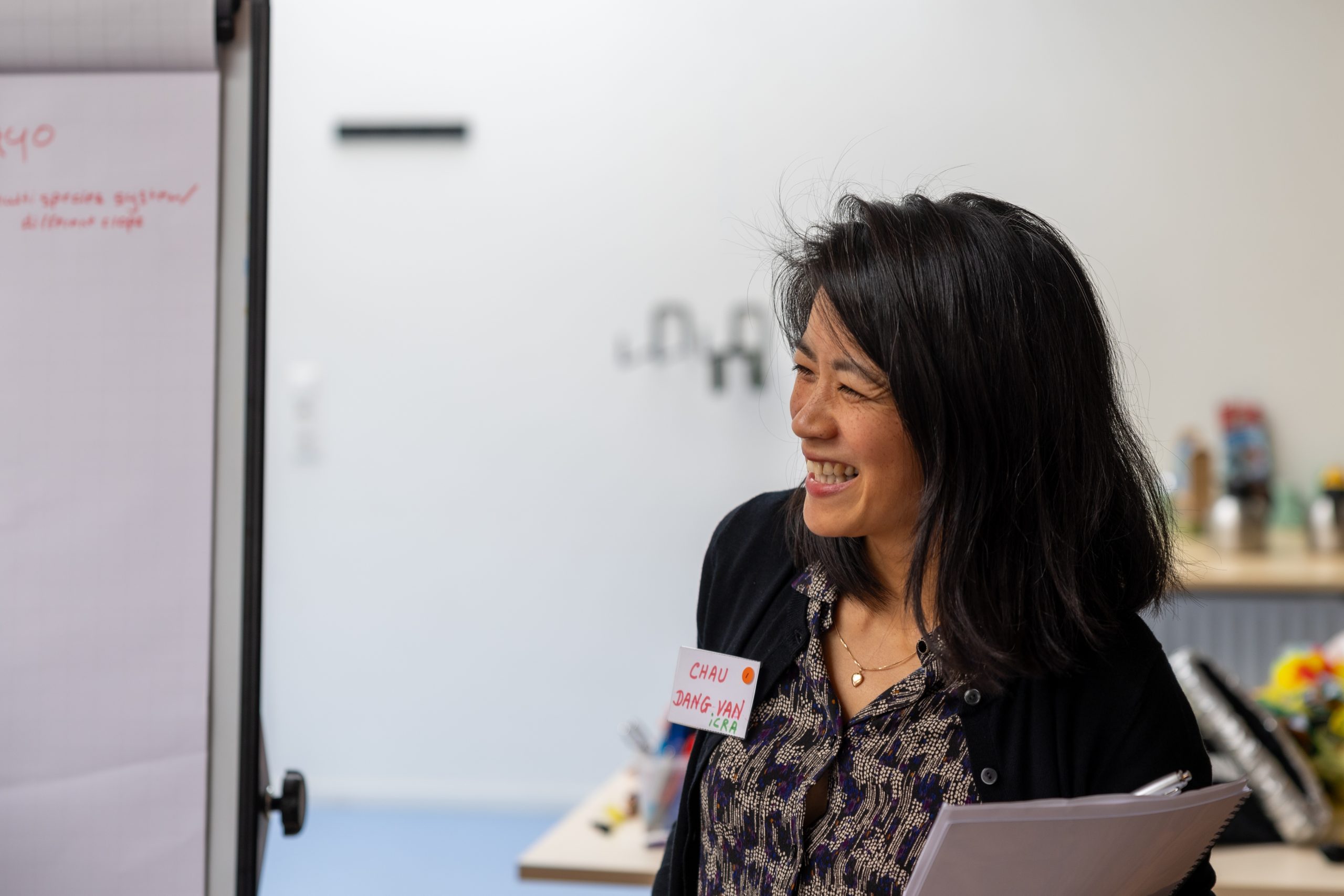Large class sizes create an extra challenge for trainers and educators who aspire to motivate their students and teach based on practice. It can be tempting to resort to a program of lectures, consolidated by homework and assessed through multiple choice questionnaires. More interactive teaching methods can feel daunting or impossible when faced with a large class.
Not to worry! In this article you will receive four ideas to address four of the most common challenges educators face when teaching large classes.
How do I hold students’ attention?
It can be difficult to inspire and engage students actively in a big class where there is little space for individual attention. iCRA’s first recommendation is to vary your delivery style. If you are giving a lecture, speak for a maximum of 20 minutes at a time – and preferably less. Where you can, flip the classroom. For example, share a video that students can watch on their own time.
How can I trigger active learning?
Avoid passivity by stimulating more discussion in plenary. One trick to encourage discussion is: don’t give the answer right away. Ask for volunteers to share their view and, importantly, explain why. Then repeat the shared view loudly (with a microphone if possible) before opening the floor for others to share their reaction. After about 10 minutes of discussion, you can then tell your own answer with argumentation.
How can I create opportunities to practice?
Practical assignment can help students practice new skills, but these require support and supervision. In a big classroom, where budgets may be thin, resources few and staff limited, an option is to place more experienced students as mentors to groups supporting newer students. This can become an assignment for the more experienced student as much as for the practicing student.
How can I make sure everyone receives feedback?
Feedback is essential and although it won’t be possible for you to give specific feedback to each student in a big class, they can still receive feedback from each other! Organise peer-to-peer feedback. You can even have such exercises work towards a percent of the student’s mark, which would motivate them to give good quality feedback.
Do you want more practical tips to improve your training even in difficult contexts such as big classes or un-motivated groups? Check out iCRA’s courses ‘Making Education Work‘ and ‘Making Training Work‘ where iCRA’s expert trainers equip you with more essential skills to best prepare the next generation of agri-food professionals.

